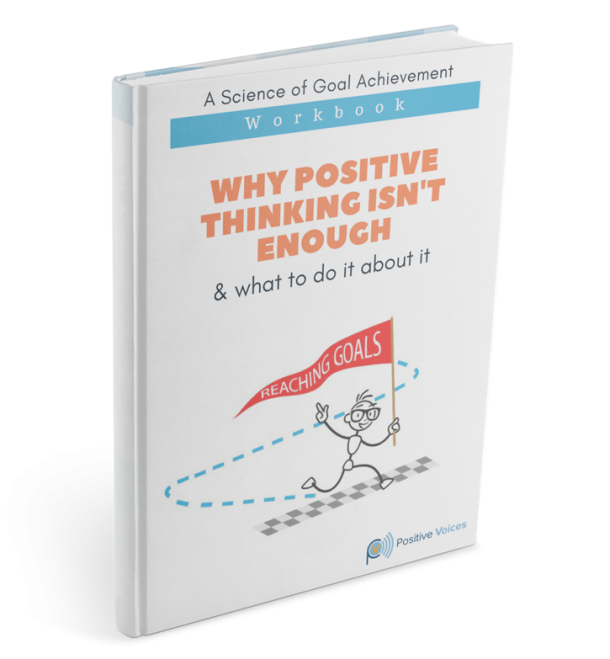 The office good guy… you know him… he’s John, the administrative assistant who is always ready to enthusiastically serve on a new voluntary committee at work. She’s Nancy, a customer service representative who is not only genuinely happy to help customers solve problems, but will cover a co-workers’ shift almost anytime she is asked.
The office good guy… you know him… he’s John, the administrative assistant who is always ready to enthusiastically serve on a new voluntary committee at work. She’s Nancy, a customer service representative who is not only genuinely happy to help customers solve problems, but will cover a co-workers’ shift almost anytime she is asked.
They are unusual and everyone sees it. They clearly care about the company and the people within. These “good guys” are good organizational citizens. They are the people who do things beyond the formal duties of their role – like lending a helping hand to a co-worker, being an evangelist for their company, or organizing a team lunch. They are strong team players, keep the spirits of others high, maintain goodwill around them, and are actively involved in company activities… you get the idea. And, as I am sure you are already grasping, they tend to be happier [on average] than their counterparts.
Why are they happier?
One reason these citizens extraordinaire might be happier than you? It’s all in how they approach their work. You see, according to Amy Wrzesniewski, a researcher at Yale University, how you view your work makes a big difference. Follow along, because this is interesting… According to Wrzesniewski, you can have one of three orientations: job, career or calling.
If you have a job orientation, then your work is a means to an end. You do what you must, but you have your sights on the weekend. You might be a clock-watcher. Your leisure time is more important than work.
If you have a career orientation, then you approach your work with an achievement mindset, looking for the next promotion and approaching your work as a career.
But, what about a calling orientation? You fall in this bucket if you think your work is integral to your identity; you go above and beyond just because you want to do it right, and because it intrinsically matters to you.
In Happiness: Unlocking the Mysteries of Psychological Wealth, Deiner and Biswath-Diener summarized the characteristics of each orientation in this table below. Most people can quickly read through this list and see where they fall in their current job.

What’s the practical application? Of course, if having a calling mindset makes you happier and more likely to be a good organizational citizen, then the benefits are obvious. But there is more, because happy employees take fewer sick days, are more punctual, more creative, stronger interpersonally, more effective decision makers, and they change jobs less frequently. The benefits are definitely a two-way street.
Let’s say you are onboard, and asking how you might be happier at work. To up the odds, use your strengths. People who use their strengths at work are happier. There are many studies to support this, but in the spirit of illustration, a study of 214 university students by Govindji and Linley in 2007 showed just that – people who used their strengths more reported higher levels of subjective well-being [i.e., happiness] and psychological well-being [i.e., fulfillment].

So, start by understanding what your Signature Strengths are. You can take a free test here. Once you know what your Signature Strengths are, you can let this information help you make better informed career choices, and start using your strengths right away in your life and work. This may be exactly where good organizational citizenship steps in – it might be that in order to use your Signature Strengths, you will be doing things that go beyond your job description. It may require you to join a committee, or help out in a new way.
The steps to integrate your strengths are pretty basic:
- Know your top 3-7 strengths
- Think of ways you can use those in your current job
- Try to do this as often as possible
In fact, the more new ways you use your strengths, the better. Seligman, Steen, Park and Peterson found that people who used their strengths in a new and different way every day reported higher levels of happiness and lower levels of depression, and it stuck over time. What’s not to like about that?
Article Source: POSITIVEBUSINESSDC

